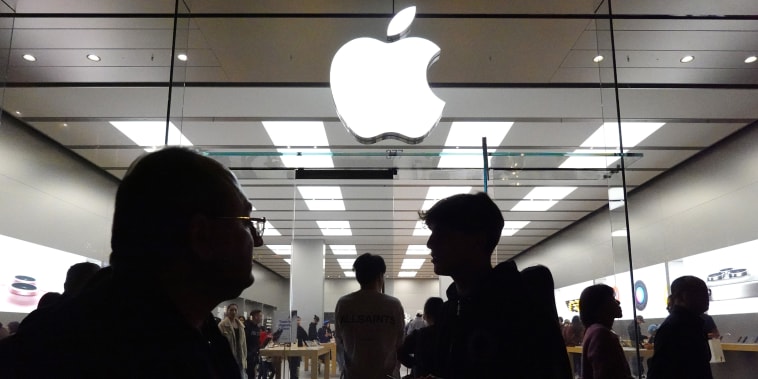In a recent development that has garnered attention from both customers and industry stakeholders, workers at Apple’s Maryland store have taken a significant step by voting to authorize a strike. This decision sheds light on the growing concerns and demands of retail employees, especially in the technology sector where companies like Apple are known for their high-profit margins and global presence.
The move to authorize a strike comes as a response to various issues faced by Apple store workers, including inadequate wages, precarious working conditions, and lack of job security. These concerns have been voiced by employees who play a crucial role in the success of Apple’s retail operations but often feel undervalued and overworked.
One of the key factors leading to the authorization of the strike is the disparity between the profits generated by Apple and the compensation received by its employees. Despite being a trillion-dollar company, Apple has faced criticism for its treatment of workers, with reports of long hours, low pay, and limited opportunities for advancement.
The decision to authorize a strike reflects a growing trend among retail workers to demand fair treatment, better working conditions, and a say in the decision-making process within companies. As the labor movement gains momentum in industries across the board, Apple store employees are joining forces to push for change and ensure that their voices are heard.
This development also underscores the power dynamics at play between corporations and their workforce, highlighting the importance of collective action and solidarity among employees. By coming together to vote for a strike, Apple store workers are sending a clear message to the company’s management that they will no longer accept substandard working conditions and treatment.
As the situation unfolds, it will be interesting to see how Apple responds to the demands of its employees and whether the strike will ultimately take place. This event not only has implications for the tech giant but also serves as a reminder of the ongoing struggles faced by retail workers in an industry that is often characterized by high turnover rates and low job security.
In conclusion, the decision of Apple’s Maryland store workers to authorize a strike is a significant development that sheds light on the challenges faced by retail employees in the tech sector. By taking a stand and demanding better treatment, these workers are advocating for their rights and pushing for positive change within the industry. The outcome of this situation will undoubtedly have broader implications for the future of retail labor relations and the treatment of employees in a rapidly evolving marketplace.


























